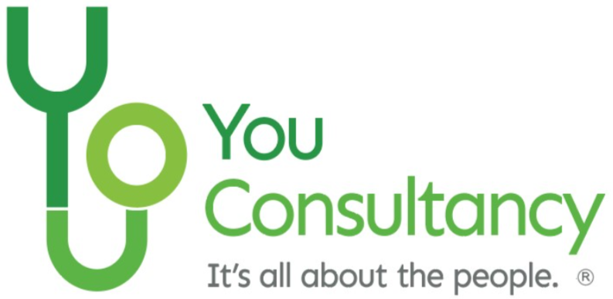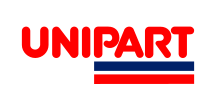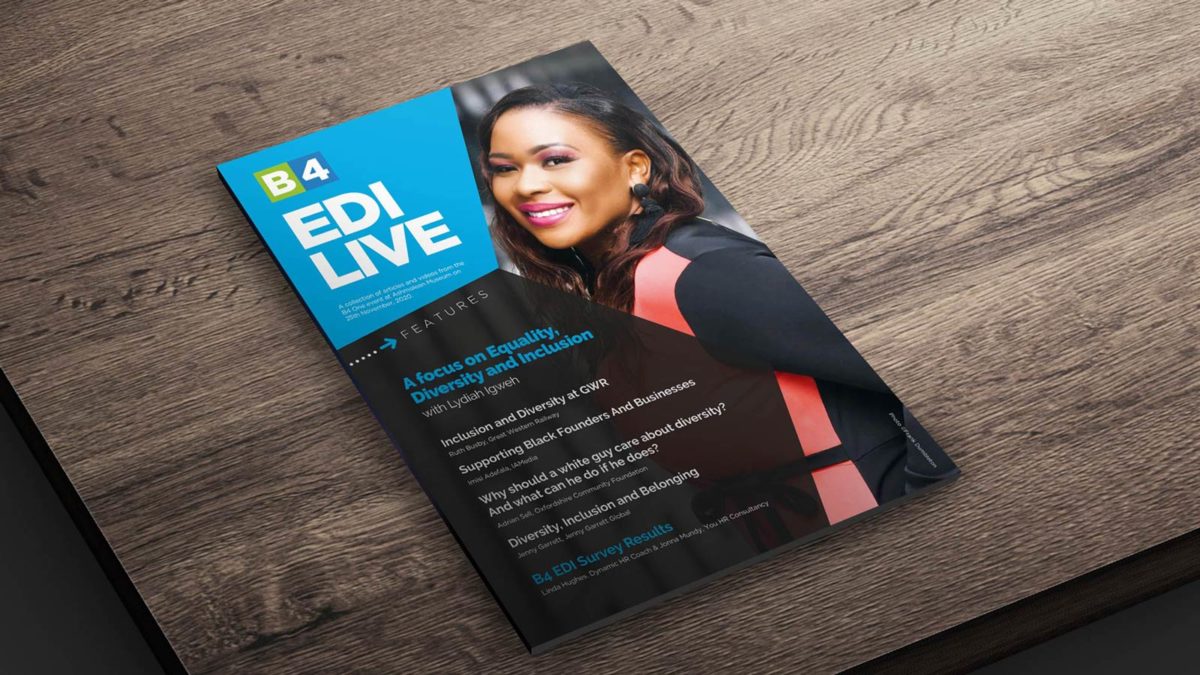
A Focus on Equality, Diversity and Inclusion in the Workplace
I was delighted to co-host the B4 Equality, Diversity and Inclusion live broadcast at the Ashmolean Museum. The purpose of the initiative was to help organisations and its people to thrive through putting a spotlight on this increasingly important topic.
Written by Lydiah Igweh – Director of Enterprise Support Oxford Brookes University
The webinar provided an appreciation of the value of diversity of thought and respect for others, an understanding of the critical elements of delivering inclusive leadership, and creating environments where everyone can reach their full potential. Additionally, it provided insightful tools and inspiration from influential leaders and experts from a national and international business community.

If 2020 has taught us anything, equality, diversity and inclusion in the workplace should not be afterthoughts for any organisation.
They’re central to business success. Innovation drives a business forward – and research shows that disruptive, breakthrough ideas come about when employees have a sense of belonging and diverse teams look at challenges from different angles.
“An inclusive culture built on valuing difference, fostering inclusion and promoting collaboration will not just enable a business to survive but thrive!”
Equality and diversity is a strategic and operational strand relevant for all workplaces, regardless of whether you’re a start-up that employs one or two people or a large corporation with hundreds of employees. It’s irrespective of whether you work in an office, virtually, or on a restaurant floor.
The aims of equality and diversity are simple: To ensure equality of opportunity for all, giving every individual the chance to achieve their potential, free from prejudice and discrimination.
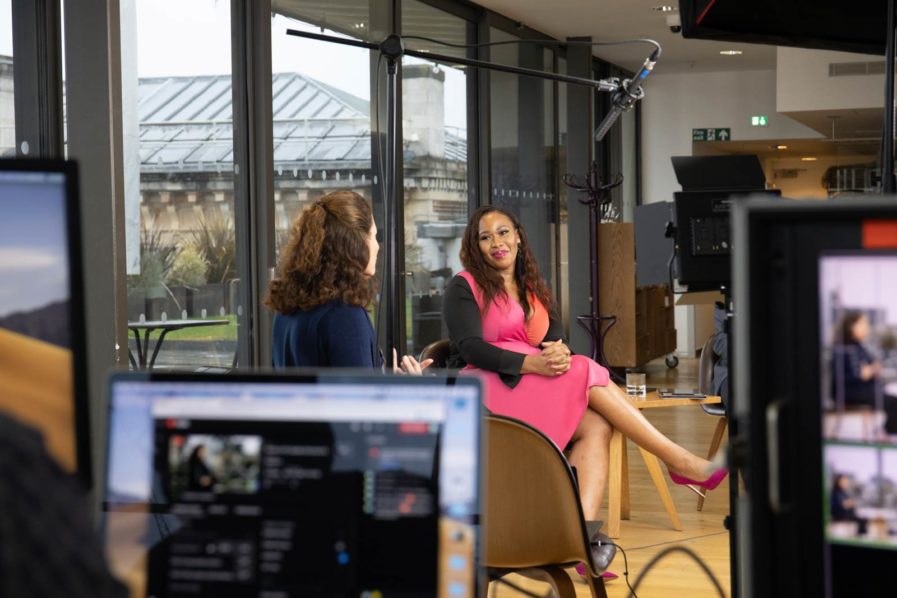
It’s not about giving everyone the same monthly salary. It’s about ensuring people have equal and fair access and opportunities to allow them to meet their full potential. Sometimes this means giving some people extra help as different people have different needs.
“It sounds obvious to state that we all have the right to work in a fair and inclusive workplace free from discrimination, harassment, victimisation, and bullying. Still, unfortunately, this isn’t always the reality”.
It can only become a reality when organisations and their leaders create a genuine commitment to building meaningful, enduring and respectful relationships and to making equality, diversity and inclusion part of everything they do.
Having this respect embedded into philosophy, policies and processes and fully understood by all staff is consistent with ethical leadership. Everyone wins when organisations create environments where every employee is empowered to impact their business.
There is a benefit to good people practice decisions for employers, employees and the wider society. Apart from the moral case for building a fairer, more inclusive labour market, there are several positive business outcomes.
Attract and Retain Top Talent
In difficult and challenging economic times, using the whole workforce’s talents is more important than ever. With society becoming ever-more inclusive and young talent, being acutely aware of inclusivity, your teams need to reflect the community in which we live so you can attract and retain the best talent.
You’ll be able to recruit the top talent if your job applications are open to everyone, and not just a select few. Not only will your employees feel empowered that their capabilities were the reason behind their hire, but they’re more likely to bring their best contributions to their work.

Hiring people from different cultures provides an opportunity to capitalise on diverse language skills, helping you to sell products and services and provide enhanced customer support. Additionally, you’ll benefit from reduced employee turnover if people feel comfortable, valued and happy in a workplace with an ethical and inclusive culture.
Competitive Advantage through Increased Innovation
Once you have that top talent, you want to make the most of it. Research by Deloitte shows that organisations committed to, and supportive of, diversity is more likely to improve their employees’ ability to innovate and collaborate. A diverse workforce can help to inform the development of new and enhanced products and services, open new market opportunities, improve market share and in some cases, broaden an organisation’s customer base.
However, employees need to feel they have a voice in the organisation, so different perspectives are heard.
Company Reputation and Brand Profile
A 2017 survey by PwC , shows 54% of women and 45% admitted to researching if a company had a diversity & inclusion policy before taking their most recent position. Additionally, 61% of women and 48% of men said they assessed the company’s leadership team’s diversity when deciding to accept an offer. Thus, equality, diversity, and inclusion are a transformational factor in attracting both employees and customers.
It’s also imperative for organisations to consider corporate responsibility (CR) in the context of diversity as social exclusion and low economic activity rates can limit business markets and growth. Increasingly employers now take a more expansive view, seeing an organisation’s overall image as critical to their business’s success.
See the B4 One Event Stream here: https://youtu.be/JrqMzKiQMXE
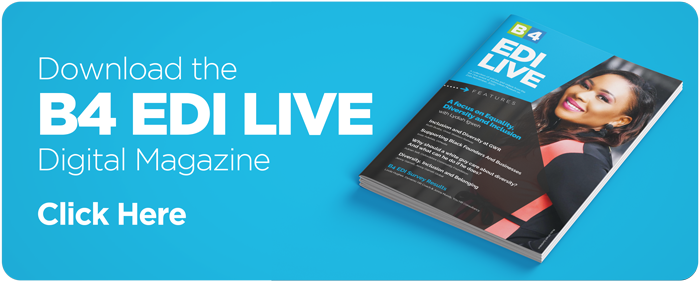
ABOUT LYDIAH
With over 17 years of C-level experience, Igweh specialises in innovation, entrepreneurship, organisational change, leadership and digital transformation. She’s committed to championing women in business and equality, diversity and inclusion with a particular passion for advancing race equality. She is a founding Director of OSEP (Oxfordshire Social Entrepreneurship Partnership) supporting social enterprises and purposeful businesses to thrive.
Connect with Lydiah: www.linkedin.com/in/lydiahigweh/
More in EDI

100th business pledges to support inclusivity and reduce inequality across Oxfordshire
The Oxfordshire Inclusive Economy Partnership (OIEP), dedicated to fostering a fairer and more inclusive economy in Oxfordshire, has welcomed its 100th Charter member, Oxford University Development (OUD), the joint venture between the University of Oxford and Legal & General, which has committed to actively promote inclusivity for a positive impact.

Unipart is pleased to sign the Oxfordshire Inclusive Economy Charter.
Unipart is pleased to sign the Oxfordshire Inclusive Economy Charter. Inclusivity has been at the heart of our values since our company began in 1987, and it continues to be a vital part of our strategy, which we’ve described as “Go Digital, Go Green, Go Faster.” Those three strategic drivers illustrate that adopting truly inclusive […]

Defining the journey towards diversity
Achieving a high standard of diversity in the workplace has become increasingly important – especially given the spotlight that has been shone on this aspect of business life by the recent global pandemic and the growing awareness of racial inequality around the world. For larger businesses there are also greater reporting requirements in this area from regulators and government.
From this author

Olympics 2024: Getting the balance right in sports nutrition
As the countdown to the Olympics gets underway, the focus for athletes is on getting fitter, faster, and stronger, but at what cost? Qualified sports nutritionist Clare Shaw, a Senior Sports Lecturer at Oxford Brookes University, and a practitioner on the Sport and Exercise Nutrition register (SENr), is researching the impact of low energy availability in athletes for her PhD. Here she discusses her research and offers tips for balancing energy intake and output.

Oxford Brookes University to showcase cutting-edge AI research at free week-long...
Oxford Brookes University will be showcasing the most recent developments and breakthroughs in artificial intelligence research at its annual Festival of AI this week. The festival runs from today until 7 June and includes a series of free workshops that will explore how AI can revolutionise schools, business and society.
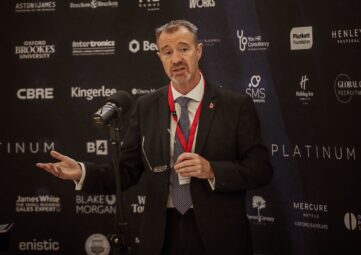
Local business leaders in Oxfordshire tell Chancellor: Keep graduate visa route...
Oxfordshire Local Enterprise Partnership (OxLEP) has joined university and business leaders to warn the government against watering down or scrapping the graduate visa route.




